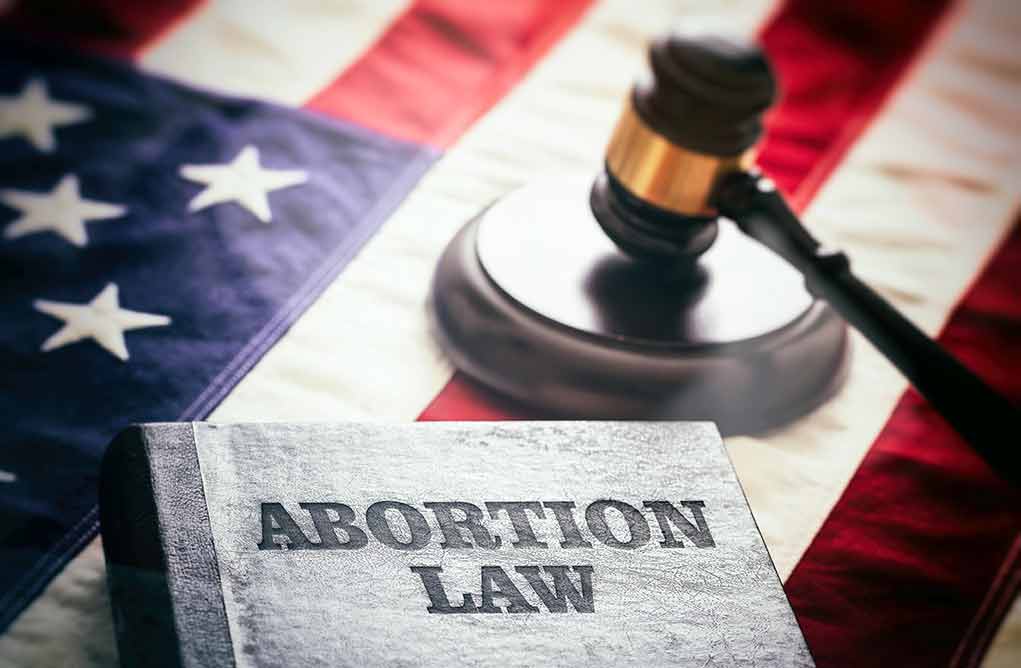
Texas Congressman Brandon Gill’s new bill could send abortionists to prison for flushing fetal remains into public water systems, addressing a horrific disposal practice that has gone unchecked for too long.
Key Takeaways
- The Respectful Treatment of Unborn Remains Act would prohibit disposal of fetal remains in public water systems, with violators facing fines and up to five years imprisonment.
- The bill specifically exempts mothers from penalties, targeting abortion providers and facilities instead.
- The legislation addresses practices exposed during Kermit Gosnell’s murder trials, where fetal remains were disposed of via garbage disposals and toilets.
- Co-sponsors include Representatives Doug LaMalfa and Mary Miller, with Senator Pete Ricketts introducing a companion bill in the Senate.
- Currently, disposal standards for fetal remains vary significantly by state, creating a patchwork of regulations.
Protecting Dignity After Death
Texas Congressman Brandon Gill has introduced groundbreaking legislation aimed at preventing abortion providers from disposing of fetal remains through public water systems. The Respectful Treatment of Unborn Remains Act represents a significant step in the ongoing effort to ensure dignified treatment of unborn children after abortion procedures. The bill comes in response to disturbing revelations about disposal practices in abortion facilities across the country, where fetal remains are sometimes treated as common medical waste and flushed into sewage systems without any consideration for dignity or proper handling.
“Every life is precious and has value, from the moment of conception until natural death,” said Congressman Brandon Gill, the bill’s primary sponsor.
The legislation proposes severe penalties for violators, including fines and up to five years in prison. However, it specifically exempts mothers who undergo abortions from any legal consequences, focusing instead on the providers and facilities responsible for the disposal procedures. This approach aligns with the bill’s stated purpose of addressing unethical practices by the abortion industry while not further punishing women in vulnerable situations. According to Gill, the bill serves a dual purpose of upholding human dignity and addressing potential public health concerns.
Addressing Past Horrors
The legislation directly confronts practices that came to light during the infamous case of Kermit Gosnell, a Philadelphia abortion provider convicted of murder in 2013. During Gosnell’s trial, investigators discovered that his facility disposed of fetal remains by flushing them down toilets and garbage disposals, creating both ethical and sanitation issues. Philadelphia Detective John Taggart, who investigated the Gosnell case, provided disturbing testimony about these practices that helped galvanize support for regulation of fetal remains disposal.
“They were shoving body parts down the garbage disposal,” said John Taggart, a detective who investigated the Gosnell case.
“This careless discard of human body parts signifies the depraved disregard for the sanctity of life at abortion clinics,” Gill stated in defense of the bill’s necessity. The congressman has emphasized that beyond the moral implications, there are legitimate public health and sanitation concerns related to introducing human remains into water systems. These concerns extend beyond religious or ethical objections to abortion itself, potentially broadening the bill’s appeal to those focused on public health infrastructure protection.
Building Congressional Support
The bill has already garnered significant support in Congress, with Representatives Doug LaMalfa and Mary Miller signing on as co-sponsors. Their involvement demonstrates growing momentum behind the legislation and a recognition of the issue’s importance among conservative lawmakers. In the Senate, Senator Pete Ricketts has introduced a companion bill called the Dignity for Aborted Children Act, which is currently under review by the Senate Committee on Health, Education, Labor, and Pensions. This dual-chamber approach increases the proposal’s chances of advancing through the legislative process.
“For the sake of public morality as well as public safety, the bodies of aborted children should not be disposed of in our water systems,” said Priests for Life National Director Frank Pavone.
The proposed legislation addresses a regulatory gap, as current disposal standards for fetal remains vary widely by state. This inconsistency has allowed questionable disposal practices to continue in states with minimal regulations. Critics of the current patchwork system argue that federal standards are necessary to ensure uniform treatment with dignity. Supporters also point out that the legislation aligns with existing regulations for other types of medical waste that require specialized handling and disposal procedures to protect public health and safety.
“Not only does abortion rob an unborn baby of their life, but abortionists further rob them of a dignified burial by carelessly discarding their fetal remains into public water systems — a disgusting and abhorrent practice,” said Congressman Brandon Gill.

